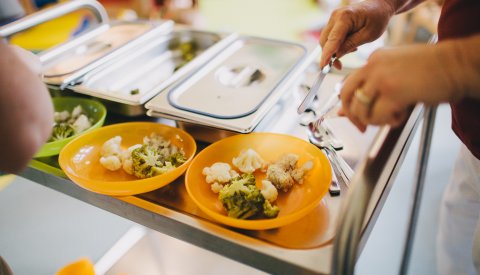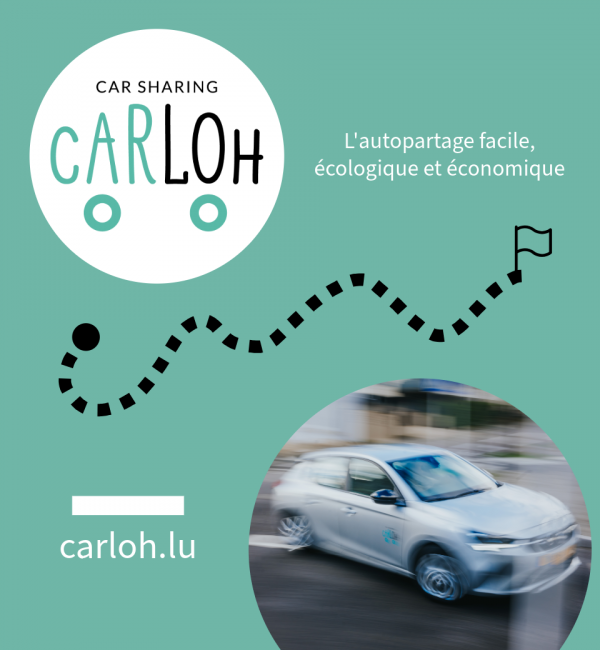Eco-friendly back-to-school supplies
- School bags
Choose a school bag that weighs less than 1.5 kg – preferably one made from durable and recyclable materials. Be sure to stick reflectors on it – especially on the back and sides. Avoid rolling school bags, as they tend to encourage bad posture. Opt instead for a backpack-style school bag, with at least two adjustable shoulder straps. Be careful not to overload the school bag: generally, the weight of a full school bag should not exceed 10% of the child's bodyweight.
- Notebooks, binders, pens, pencils, etc.
Look for products that are:
- made from recycled materials – e.g. recycled paper notebooks and recycled cardboard binders and folders
- low emitting – e.g. solvent-free adhesives, pencil leads without colourants
- produced from raw materials endorsed under certification schemes – e.g. wooden pencils and rulers (with metal edges) that are FSC or PEFC certified
When purchasing school supplies, choose:
- an empty canvas or leather pencil case
- a blue-and-red rubber made from natural rubber
- refillable felt-tip pens meeting the DIN EN 71 standard or bearing the CE mark
- a wooden or metal pencil sharpener
- a pair of scissors with natural-finish (unlacquered) wooden handles (FSC/PEFC certified)
- refillable colouring boxes
For more information:
Snack
Use a reusable container (preferably made of stainless steel) to pack a sandwich made with wholemeal bread topped with cheese, a healthy spread, or jam. Seasonal fruit or vegetables (such as carrots or sweet peppers) help children stave off hunger and provide an energy boost so that they can stay focused in class. Buy Fairtrade fruit and vegetables whenever possible.
Walking to school
Children generally do not live far from their school and can usually get there on foot.
Walking to school and back encourages children to act independently and develop responsible behaviour as road users. In addition, walking is a good way to keep children healthy and active. It provides a range of health benefits, from improving concentration and preventing obesity to strengthening the immune system.
In terms of the environment, walking to school causes zero air pollution and helps lower noise levels around schools. With fewer cars dropping kids off, there is less congestion and less danger of cars pulling out suddenly, making going to school safer for everyone.
Make sure your children wear brightly coloured clothing or outerwear, with reflectors in autumn and winter. Even if your child knows their way to school, be sure to occasionally remind them that they must always pay attention when out and about.
Waste sorting and cleanliness
Most of the city's schools have been awarded the SuperDrecksKëscht fir Betriber label. This is given to institutions that recycle and generally apply environmental criteria in their day-to-day management activities in order to help protect the environment. Pupils, staff and parents are expected to follow the rules set out by the school and do their part to maintain a clean environment.



















